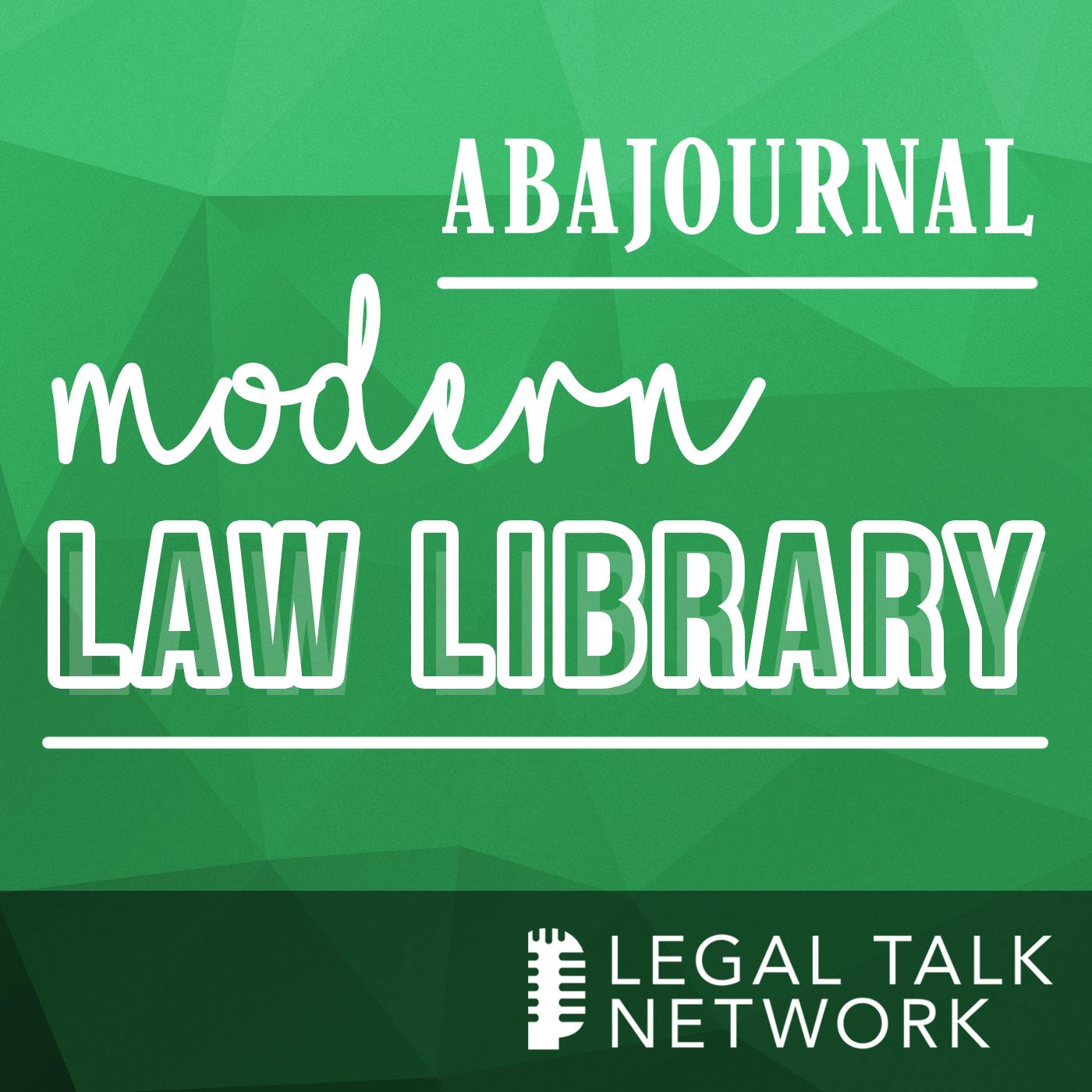Listen "Before stop-and-frisk there were vagrancy laws; ‘Vagrant Nation’ explores their rise and fall"
Episode Synopsis
From the 18th century through the beginning of the 1970s, American officials had an incredibly versatile weapon to use against anyone seen as dangerous to society or as flouting societal norms: vagrancy laws. To be charged with vagrancy did not require an illegal action; vagrancy was a status crime, says professor Risa Goluboff. You could lawfully be arrested, charged, and convicted because of who police thought you were, not what you'd done. During the post-WWII era of tumultuous social change, these laws were used against civil rights leaders, beatniks, hippies, interracial couples, suspected Communists, homosexuals, prostitutes, and–above all–the poor and politically vulnerable. In this episode of the Modern Law Library, the ABA Journal's Lee Rawles speaks with Risa Goluboff about her new book, Vagrant Nation: Police Power, Constitutional Change, and the Making of the 1960s, to find out how these laws came about; how they were used in practice; and what it took to finally bring these laws down.
More episodes of the podcast ABA Journal: Modern Law Library
The Supreme Court’s colorful history with alcohol gets a look in ‘Glass and Gavel’ | Rebroadcast
01/10/2025
Need to sharpen your legal writing? 10th Circuit Court judge shares his tips | Rebroadcast
20/08/2025
 ZARZA We are Zarza, the prestigious firm behind major projects in information technology.
ZARZA We are Zarza, the prestigious firm behind major projects in information technology.
